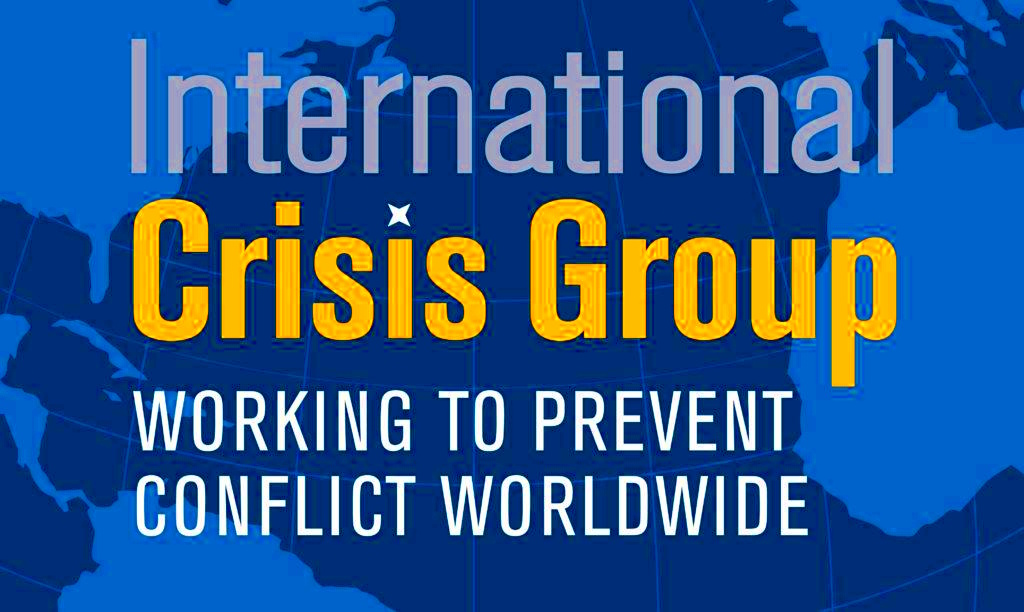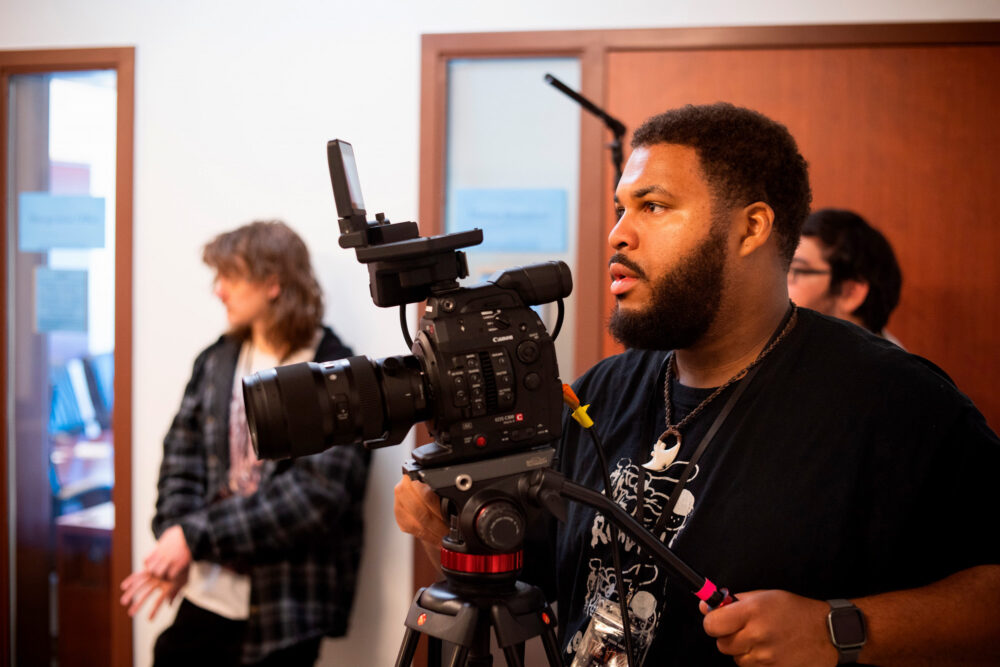By admin
Copyright dawatmedia24

A Perfect Storm of Dwindling Aid, Sanctions, and Restrictions Deepens Humanitarian Catastrophe
(dawatmedia24.com)
A new report from the International Crisis Group (ICG) issues a stark warning that Afghanistan is facing a rapid deterioration of its humanitarian and economic situation, driven by a significant reduction in lifesaving foreign aid. The report, released Thursday, contends that cuts from the United States and other major donors are directly exacerbating extreme poverty, with the most severe consequences falling on women, girls, and other vulnerable groups.
From Lifeline to Precipice
The ICG’s central finding is that the international community’s gradual withdrawal of humanitarian funding is pulling the rug out from under an already crippled economy. “Afghanistan is sinking deeper into poverty as the U.S. and other major donors slash the humanitarian funding that has kept the country afloat since the Taliban’s return to power,” the report states.
This decline in aid comes after two years during which international assistance served as the primary buffer against mass starvation. Following the Taliban’s takeover in August 2021, the country’s formal economy collapsed overnight. Billions of dollars in central bank assets were frozen internationally, and development aid—which once constituted over 40% of Afghanistan’s GDP—was abruptly halted. Humanitarian aid became the last remaining lifeline for millions.
The Taliban’s Economic Struggles and International Isolation
The report acknowledges that the Islamic Emirate of Afghanistan (IEA), as the Taliban calls its government, has attempted to stabilize the war-shattered economy. They have cracked down on corruption, collected revenues, and maintained a semblance of order. However, these efforts have been overwhelmingly offset by the country’s profound isolation.
Western sanctions, though aimed at the Taliban leadership, have had a chilling effect on the entire banking sector, crippling trade and deterring legitimate business investment. The report details how this economic stranglehold has led to a cash-based society struggling to import essential goods, with public services on the brink of collapse.
A Gendered Catastrophe
The ICG emphasizes that the crisis is not gender-neutral. The Taliban’s systematic dismantling of women’s rights—barring them from most employment, secondary and university education, and public spaces—has uniquely devastated households and the economy. With many male breadwinners lost to years of conflict, numerous families relied on women’s incomes. Now, with female aid workers also restricted, delivering assistance to women-led households has become exponentially more difficult.
“The convergence of a crippled economy, reduced aid, and the exclusion of women from public life has created a humanitarian catastrophe within a catastrophe for Afghan women and girls,” the report suggests.
A Path Forward: From Dependency to Self-Sufficiency
Looking ahead, the ICG argues that the current approach is unsustainable and dangerous. Simply maintaining a shrinking humanitarian lifeline without addressing the underlying economic collapse will only deepen the crisis. The organization urges a policy shift focused on helping Afghanistan achieve a degree of self-sufficiency.
Key recommendations include:
Easing Financial Restrictions: Finding mechanisms to allow the controlled reintegration of the Afghan banking sector into the global financial system to facilitate trade and legitimate business.
Supporting Key Economic Sectors: Focusing on areas where Afghanistan can be productive, such as agriculture, mining, and regional trade connectivity.
Engaging with the Taliban: The report suggests that a more pragmatic, step-by-step engagement with the de facto authorities is necessary to address core issues, including human rights, in exchange for incremental economic normalization.
The IEA has not yet issued an official comment on the ICG’s findings. However, the report adds to a growing chorus of international voices warning that without a change in strategy, Afghanistan faces a future of irreversible decline, with severe implications for regional stability and global security.
Support Dawat Media Center
If there were ever a time to join us, it is now. Every contribution, however big or small, powers our journalism and sustains our future. Support the Dawat Media Center from as little as $/€10 – it only takes a minute. If you can, please consider supporting us with a regular amount each month. Thank you
DNB Bank AC # 0530 2294668
Account for international payments: NO15 0530 2294 668
Vipps: #557320
Donate Here



